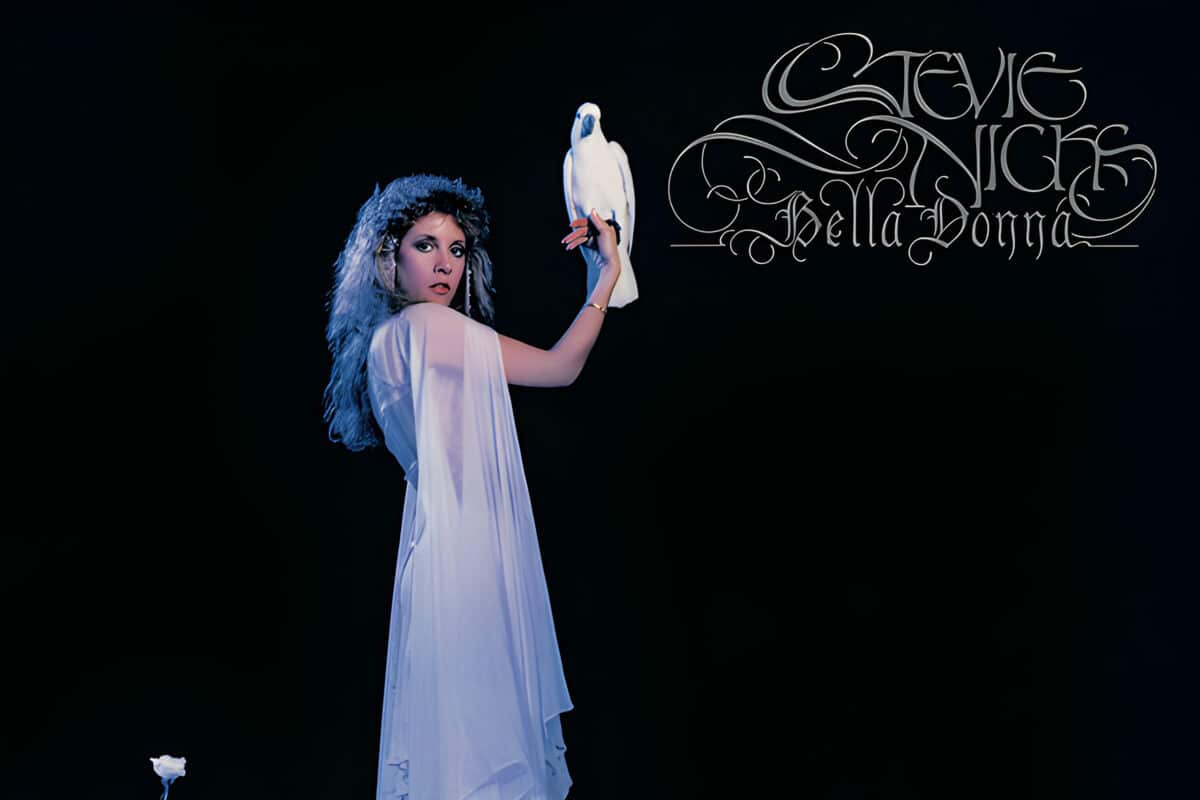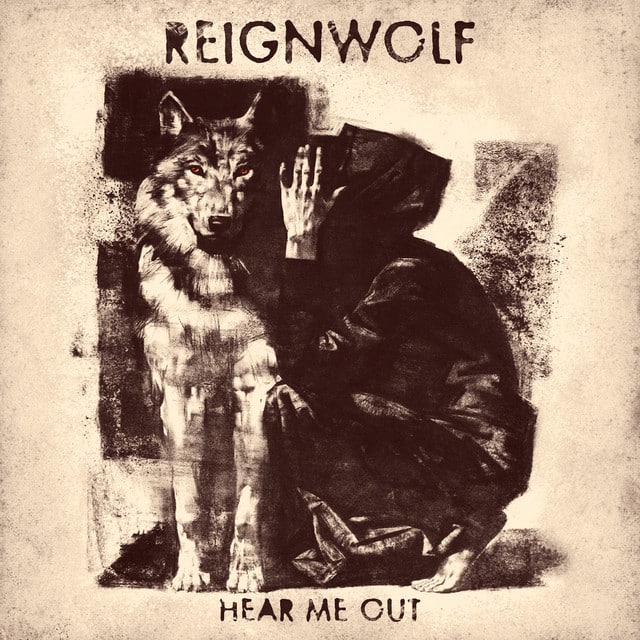Released: 1981
“Edge of Seventeen” as performed by Stevie Nicks is a defining anthem of the rock genre, rich with both metaphor and heartfelt emotion. It’s a song about loss, growth, and the transformative power of music and love. The white-winged dove, a continuous symbol throughout the song, represents peace, purity, and the spirit’s journey.
The opening lines introduce us to the white-winged dove and its song, which sets a tone of mystical longing, underscored by the chant-like “Ooo, ooo, ooo.” This dove is a symbol of innocence and, in many ways, Nicks herself, navigating the complexities of life and love. Then, as the lyrics unfold, we’re taken through a narrative of personal change, likening life’s fleeting nature to “a strand in the wind” and emphasizing the continuous struggle of beginning again amidst adversity.
The heart of the song delves into a profound moment of loss and reflection. Nicks sings about a young man, “He was no more than a baby then,” a line that strikes with its raw vulnerability. This is widely interpreted as a tribute to the passing of John Lennon and Nicks’ uncle, both pivotal losses for her around the same time. The phrase “on the edge of seventeen” becomes a metaphor for that precarious brink between youth and adulthood, innocence, and experience where these profound changes occur.
The symbolism deepens with the lines, “The clouds never expect it when it rains / But the sea changes colors, but the sea does not change.” This illustrates the inevitability of change and grief in life; like the sea, we undergo transformations on the surface, yet at our core, we remain unchanged. The beautiful, yet painful process of growing older is embraced as Nicks mentions moving forward with an “age-old desire to please” on the edge of seventeen.
The immersive, haunting bridge, “Well then suddenly there was no one left standing in the hall”, evokes a sense of isolation and the quest for solace and understanding, leading to the resolute search for answers, or perhaps, acceptance. The recurring call of the nightbird, urging “Come away”, symbolizes an invitation to journey through the darkness, to face one’s grief and to ultimately find one’s voice in the silent echo of loss.
By the song’s conclusion, Nicks’ repeats the dove’s song, a powerful refrain through which she communicates a message of endurance and presence. Despite the passage of time and the pains of growth, there remains a constant connection through the universal language of song – a bittersweet recognition of the ways love changes and endures. The acknowledgment of age difference towards the end – “I’m a few years older than you” – subtly embraces the wisdom and perspective gained through these experiences, linking back to the theme of navigating life’s edge.
Ultimately, “Edge of Seventeen” is a masterful exploration of love, loss, and the unyielding strength found in the human spirit. Its rich tapestry of symbols, set against the backdrop of Nicks’ ethereal voice, leaves listeners with a lingering sense of both melancholy and hope. It’s not just a song but a journey through the heart of rock’s poetic soul.








